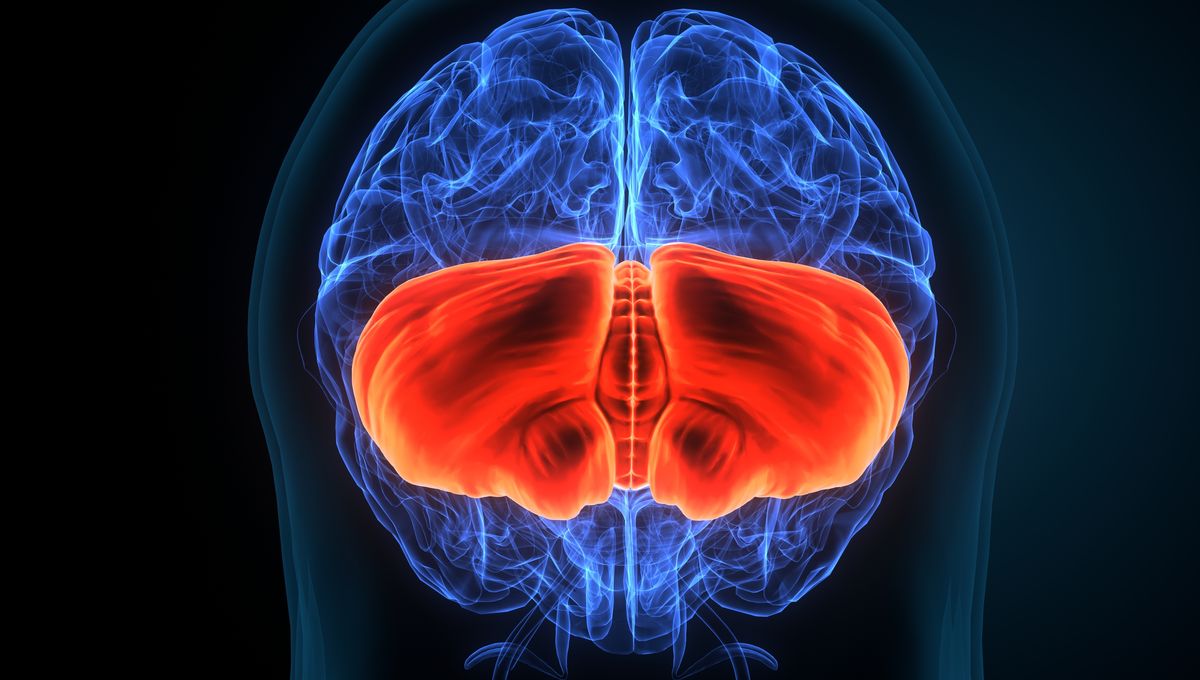
A new function of the cerebellum has been discovered by researchers at the University of Basel, Switzerland. This region at the back of the brain, near where the spinal cord attaches, is usually known for its involvement in regulating movement – but new findings show that it plays an important role in the storage of memories associated with emotional experiences.
As humans, we are more likely to remember events that have strong emotions attached to them, whether they are positive or negative. This makes sense from an evolutionary perspective – remembering dangerous situations helps us learn to avoid them in future. If you almost get hit by a bus, you’ll most likely remember to look both ways when you next cross the street!
We know from previous research that strong emotions activate the amygdala, a structure in the center of the brain, which then fires up its neighbor, the hippocampus (so named for its resemblance to a seahorse). These and other brain regions facilitate long-term memory storage in the cerebrum: the biggest part of the brain, split into the left and right hemispheres.
What we didn’t know was how important the cerebellum is in this process. Until now, that is.
A group of researchers, led by Professor Dominique de Quervain and Professor Andreas Papassotiropoulos, investigated the potential role of the cerebellum in the storage of emotional memories. They recruited 1,418 participants aged between 18 and 35, who were shown a selection of images designed to evoke positive, negative or neutral feelings.
Their brain activity was recorded using magnetic resonance imaging (MRI), and later they were asked to recall the images they had seen. The positive and negative images were remembered much better than the neutral images.
From the MRI data, it was clear that part of the reason for the improved recall of emotional images was activation in parts of the cerebrum that are already known to be involved in this process. However, the researchers also uncovered an uptick in activity in the cerebellum.
During the process of encoding these memories, the cerebellum receives input from a brain region called the cingulate gyrus. This plays a role in our ability to perceive emotions and feelings, and also sends information to the hippocampus and amygdala.
The hippocampus, in particular, has a vital function in memory storage. “These results indicate that the cerebellum is an integral component of a network that is responsible for the improved storage of emotional information,” lead study author Dr de Quervain said in a statement:
Being able to recall situations that elicited strong emotions has been essential for human survival – however, there are some obvious downsides. Recurrent memories of very negative experiences can cause anxiety, and are a feature of conditions like post-traumatic stress disorder (PTSD). It is hoped that research such as this may help to improve understanding of PTSD and other complex psychiatric disorders, and eventually lead to new and better treatments.
The study is published the journal PNAS.
Source Link: The Cerebellum Helps To Recall Emotional Events, A Newly Revealed Function